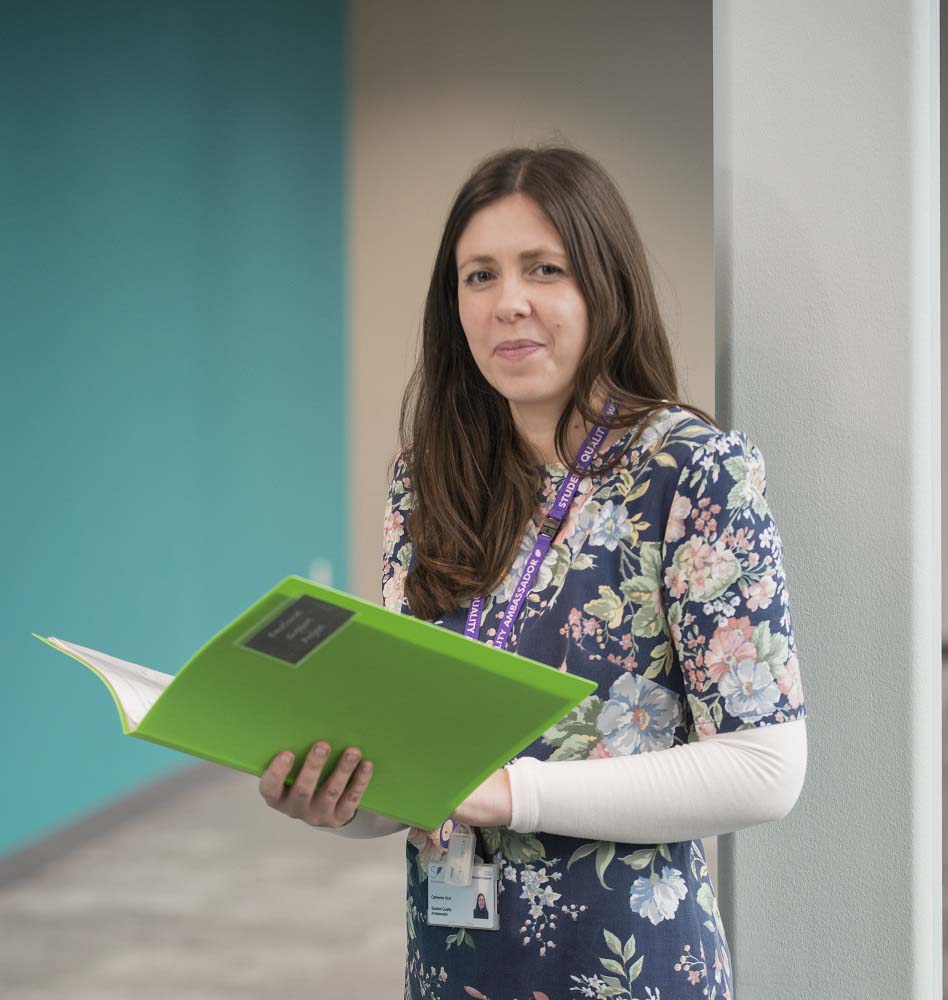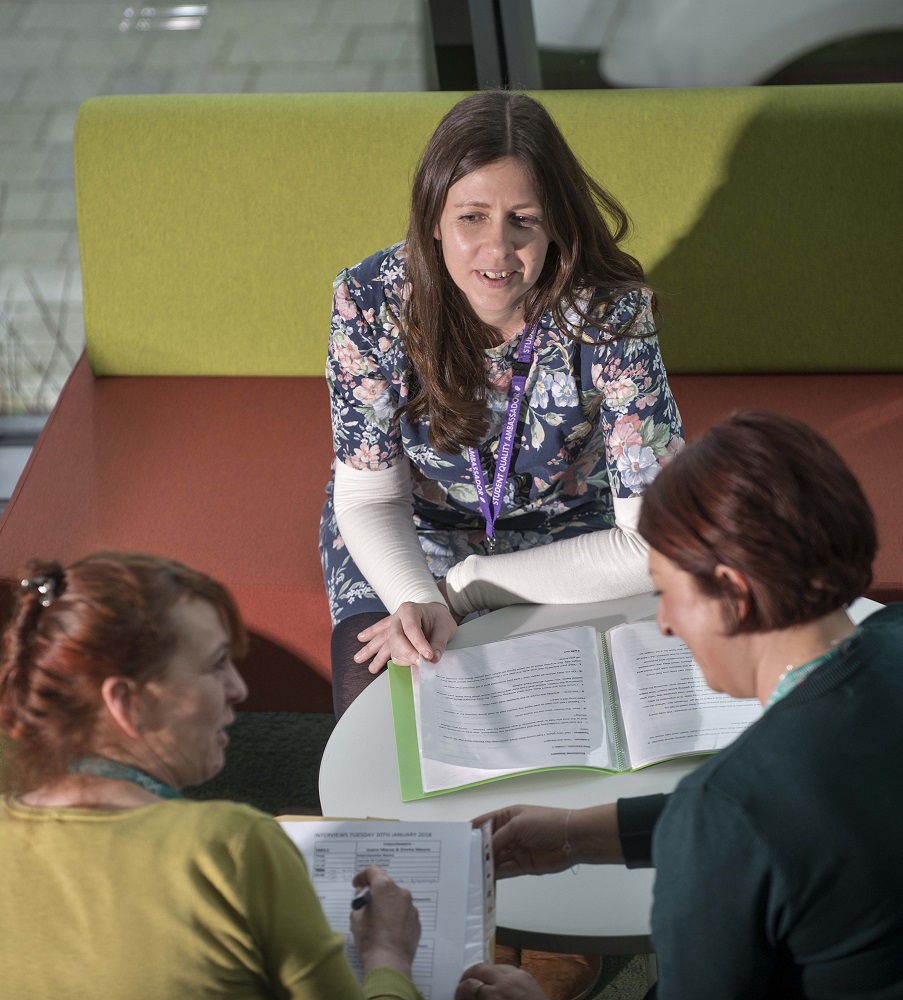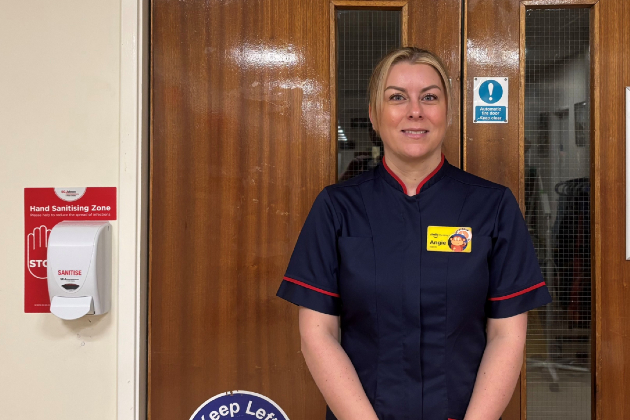When I started studying to be a nurse I naively expected to receive guidance on how to provide emotional support – especially for people who are extremely distressed, suicidal or self-harming. I quickly found this was not the case.
As a mental health nursing student and a listening volunteer for the Samaritans for more than three years, it’s an area I am passionate about. The numbers speak for themselves. The Samaritans report that there were 6,639 suicides in the UK in 2015 and according to the Royal College of Psychiatrists, one in 10 people self-harm. With these figures on the rise there is an obvious need to reduce stigma, raise awareness and provide appropriate support. I believe this can be done by promoting a better understanding of distress, allowing individuals to work through their problems and maintain autonomy.
Can of worms
Through conversations with student nurses from fields other than mental health, I’ve come across many who say they don’t have much experience of supporting someone in distress and so the idea can make them feel quite anxious.
I’ve also encountered registered nurses, advanced health care practitioners and doctors who say that even though they can often recognise when an individual is in distress, and they want to help, they don’t always know what to say and they lack confidence in this area. There’s a fear of making things worse.
The worry is that this can lead nursing staff and other health care professionals to avoid the issue rather than supporting the person through a fear of opening a can of worms. What’s clear is that this is in no way comes from a reluctance to help, but from misconceptions and anxieties around despair and how to approach it.

Taking action
As a Student Quality Ambassador (SQA) – a role that exists in the North West of England to champion good care – I was inspired to start a project to help people support others’ emotional wellbeing. Drawing on my experiences as a Samaritan, the project has grown with support from my university – the University of Cumbria, and my local Samaritans branch.
The project is split into two sections. First, the emotional support guide – an electronic resource which includes practical guidance on how to support someone during “difficult” conversations, and second, guidance sessions that use observed roleplays.
The session is unique in that it allows those working in health care to discuss their own concerns about approaching people in distress and explores how any anxieties may impact on their ability to care for others. They’re given a safe environment to talk and to process any concerns, which helps to develop their confidence.
The guide and the session both emphasise that you don't need to be an expert to support someone with their emotions. Providing emotional support simply means accepting people in a non-judgemental way and taking time to listen to how a person feels about a difficult part of their life. Rather than shying away from distress, it allows the person to share their feelings.
The future
After being piloted at an SQA development day the session has been rolled out into acute care and is currently run quarterly at Morecambe Bay NHS Trust for all staff. I’ve also been approached by a preceptorship course and a number of local integrated care communities for it to be used by their clinical staff so there are a lot of opportunities on the horizon.
So far, feedback has been extremely positive and I hope the project continues to grow and support other nursing students and health care professionals to keep having the difficult conversations. Everyone needs a chance to talk, especially if they are very distressed, and it’s often a relief for the person just to be heard by someone.

Resources for you
- Access Catherine's guide
- Join the RCN Mental Health Forum
- The RCN has a number of publications to help support your studies. Visit the publications section of the RCN website and search for “mental health”.








